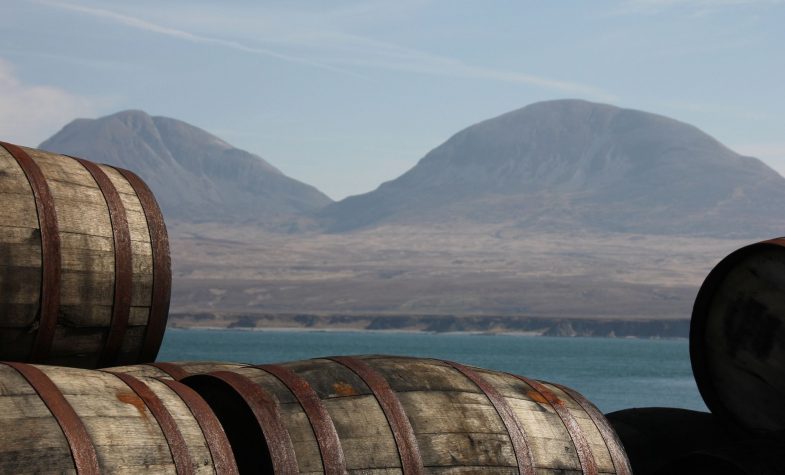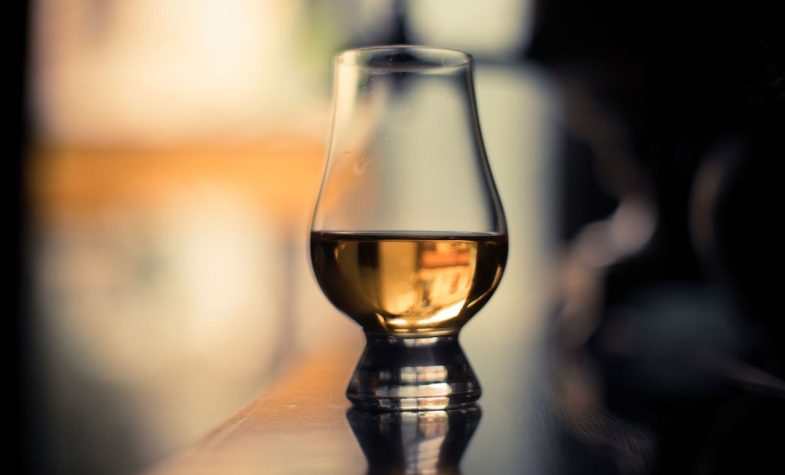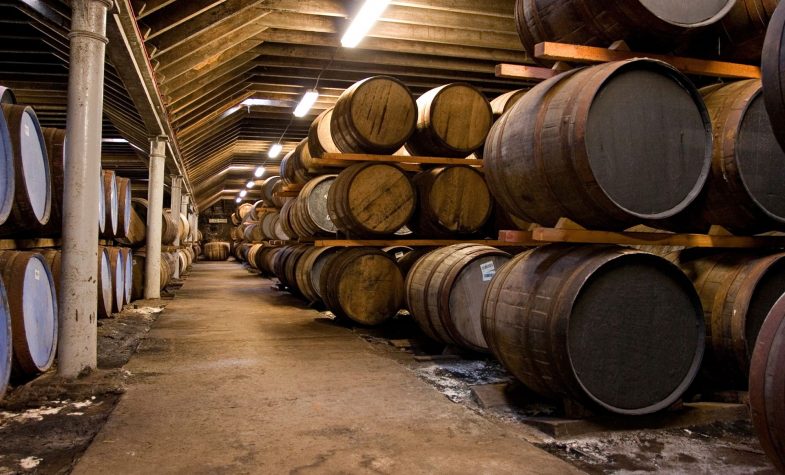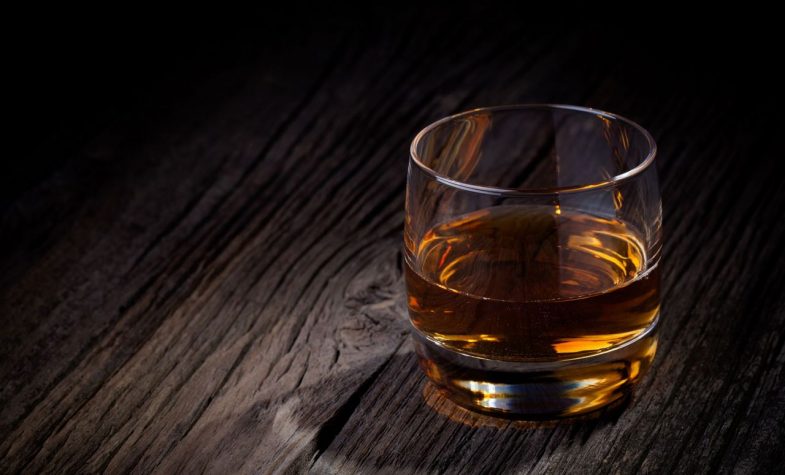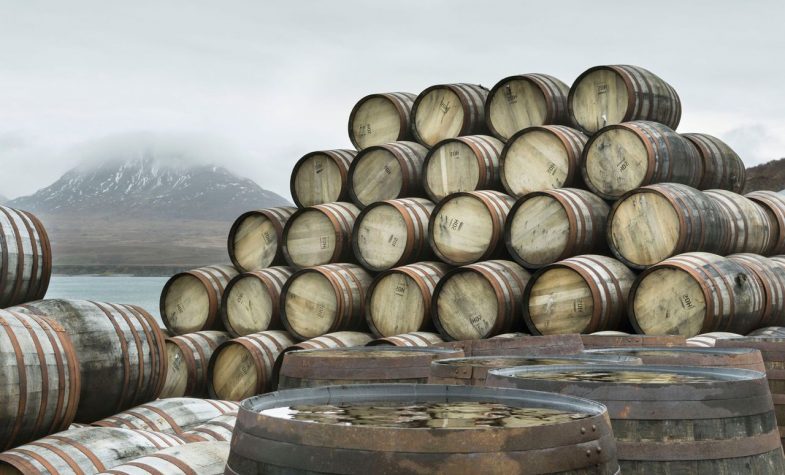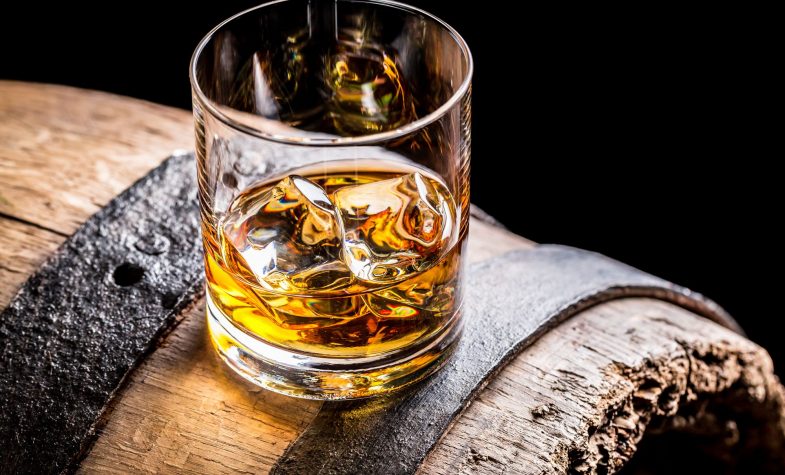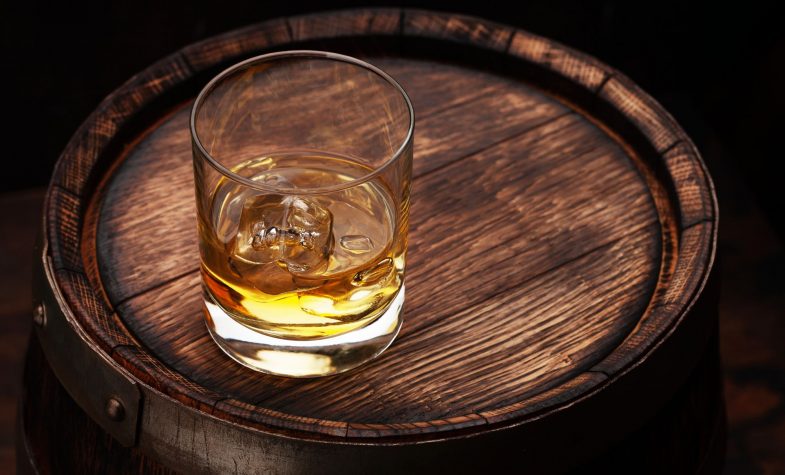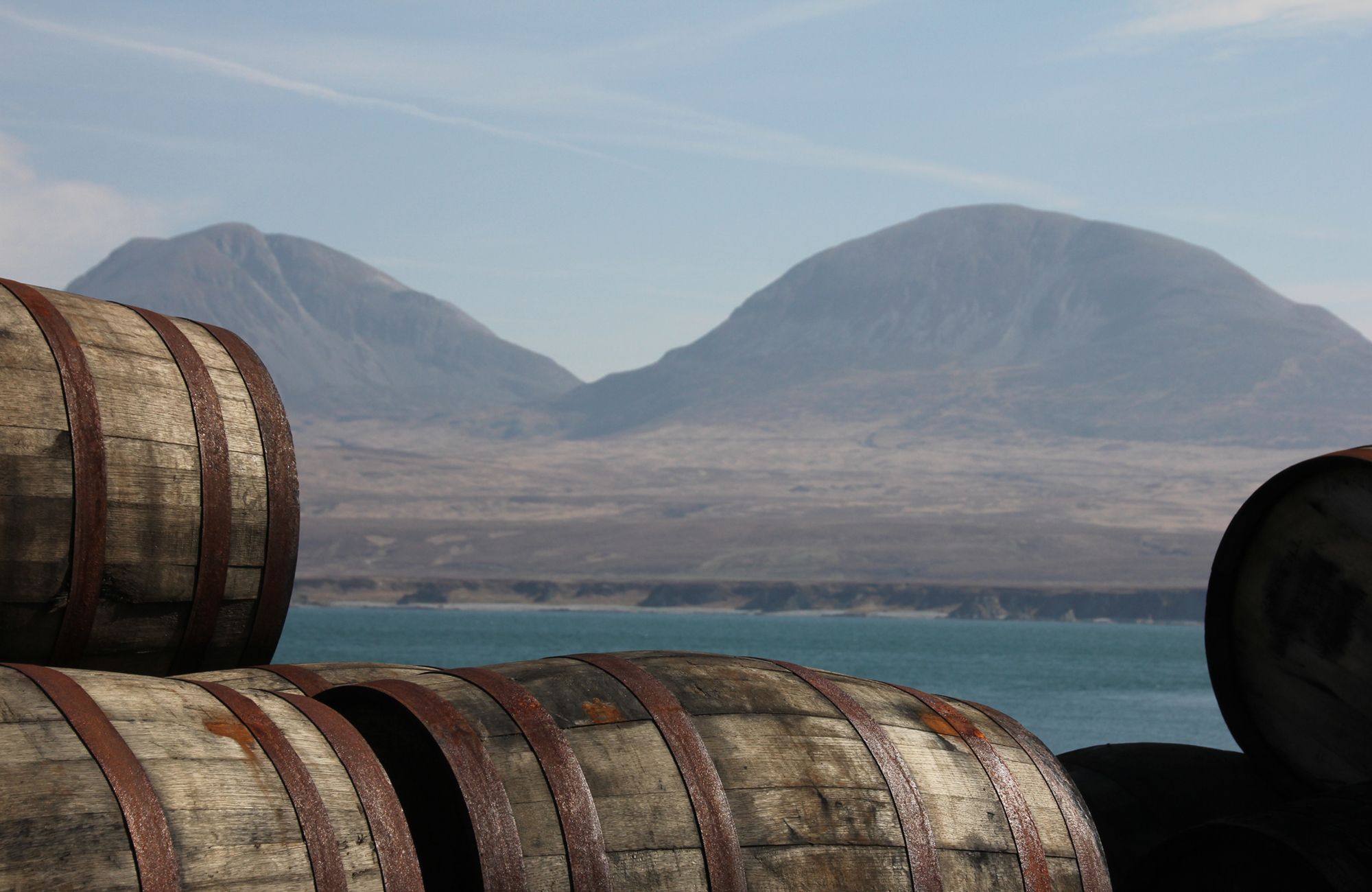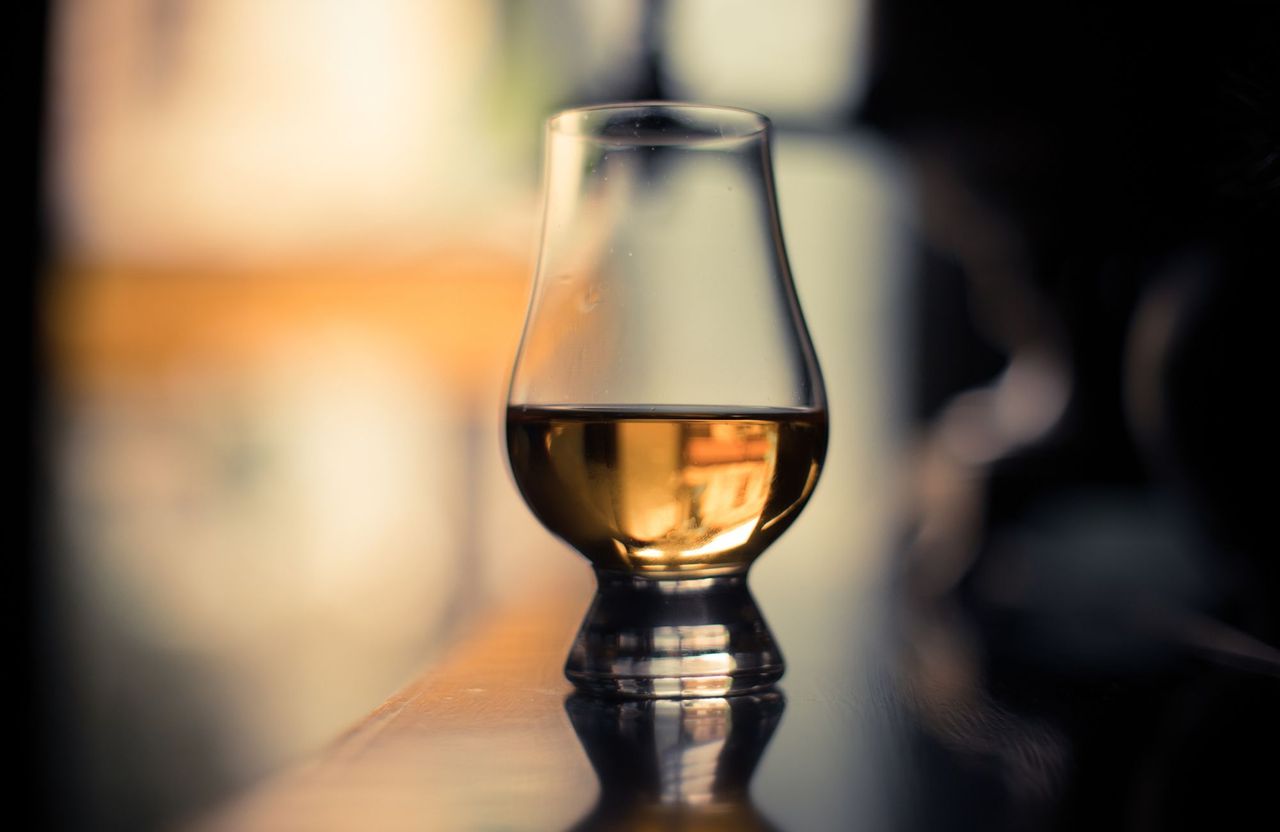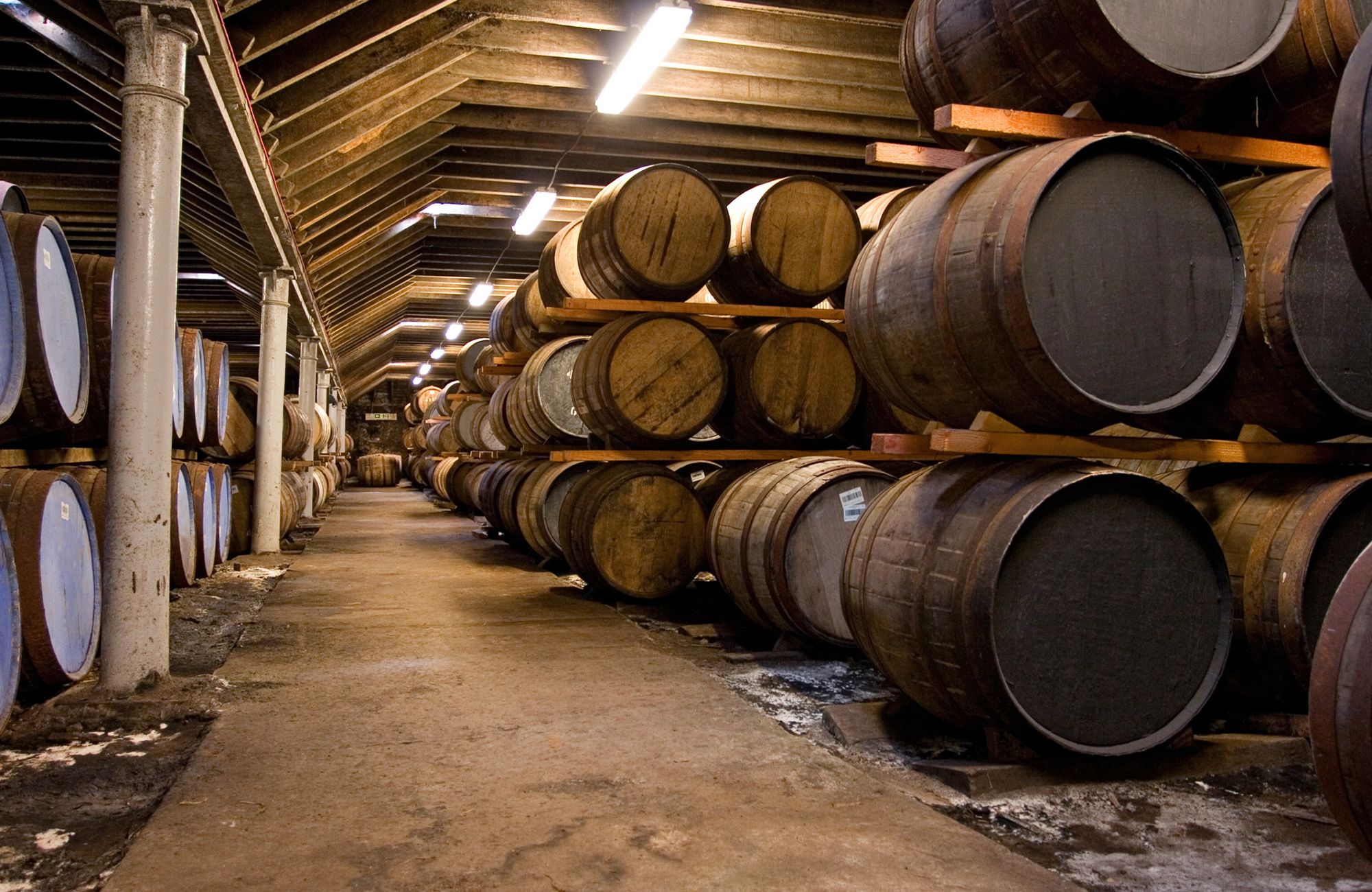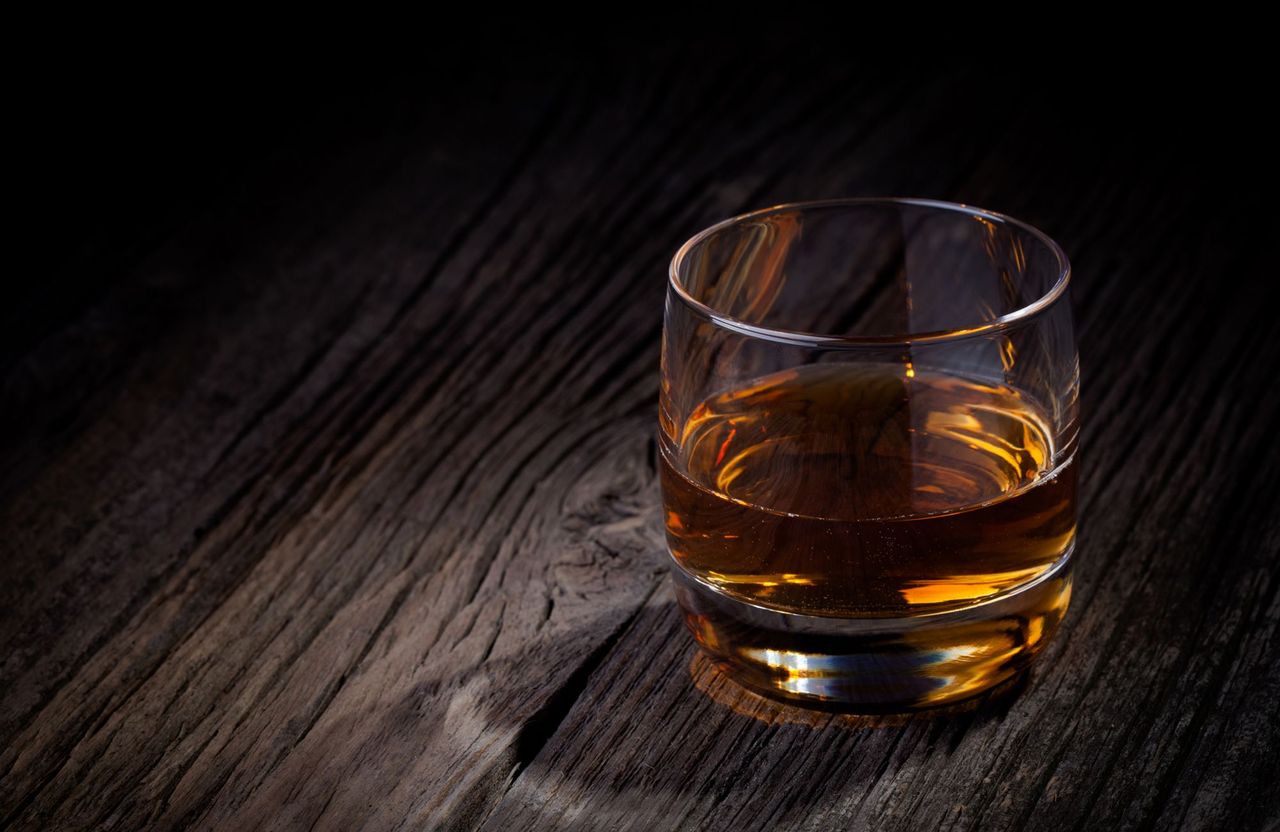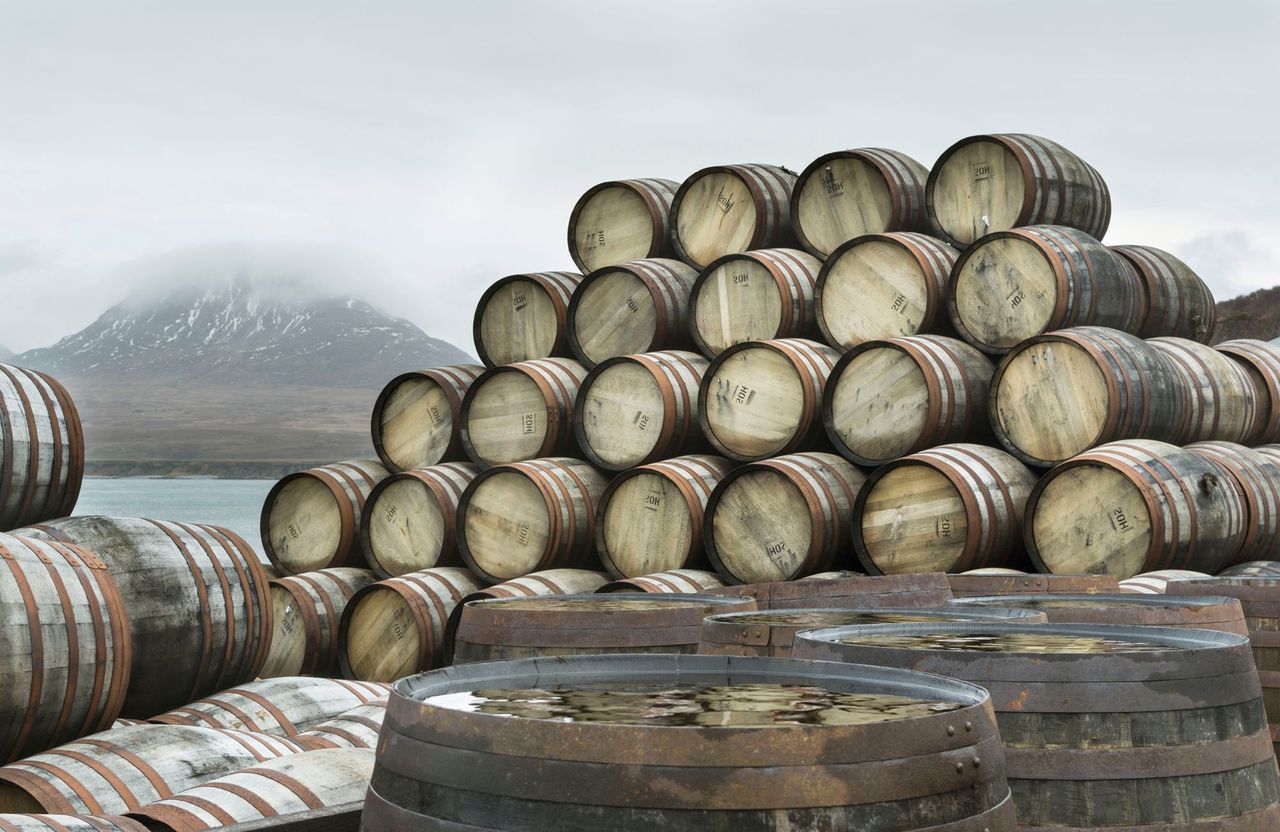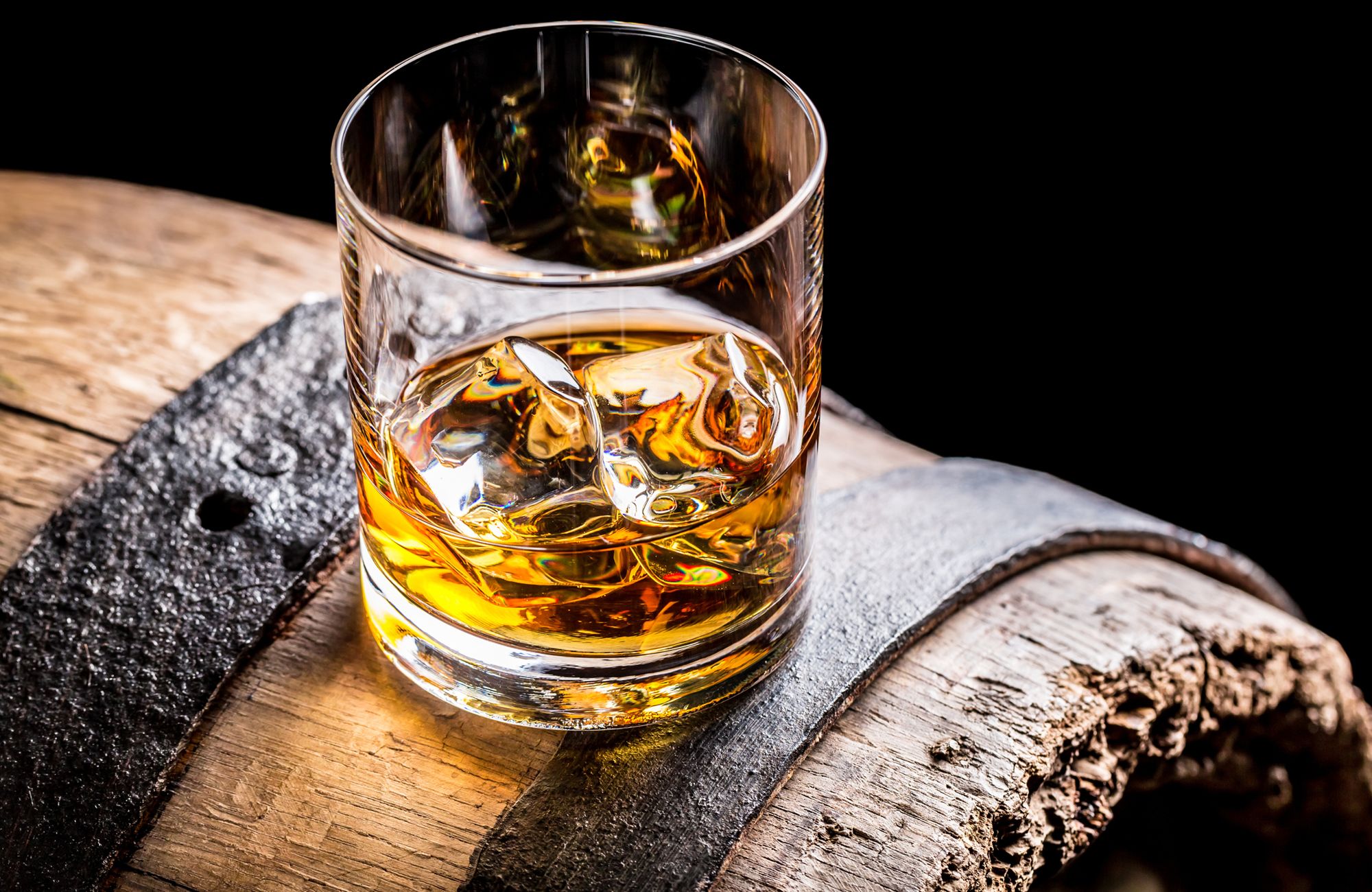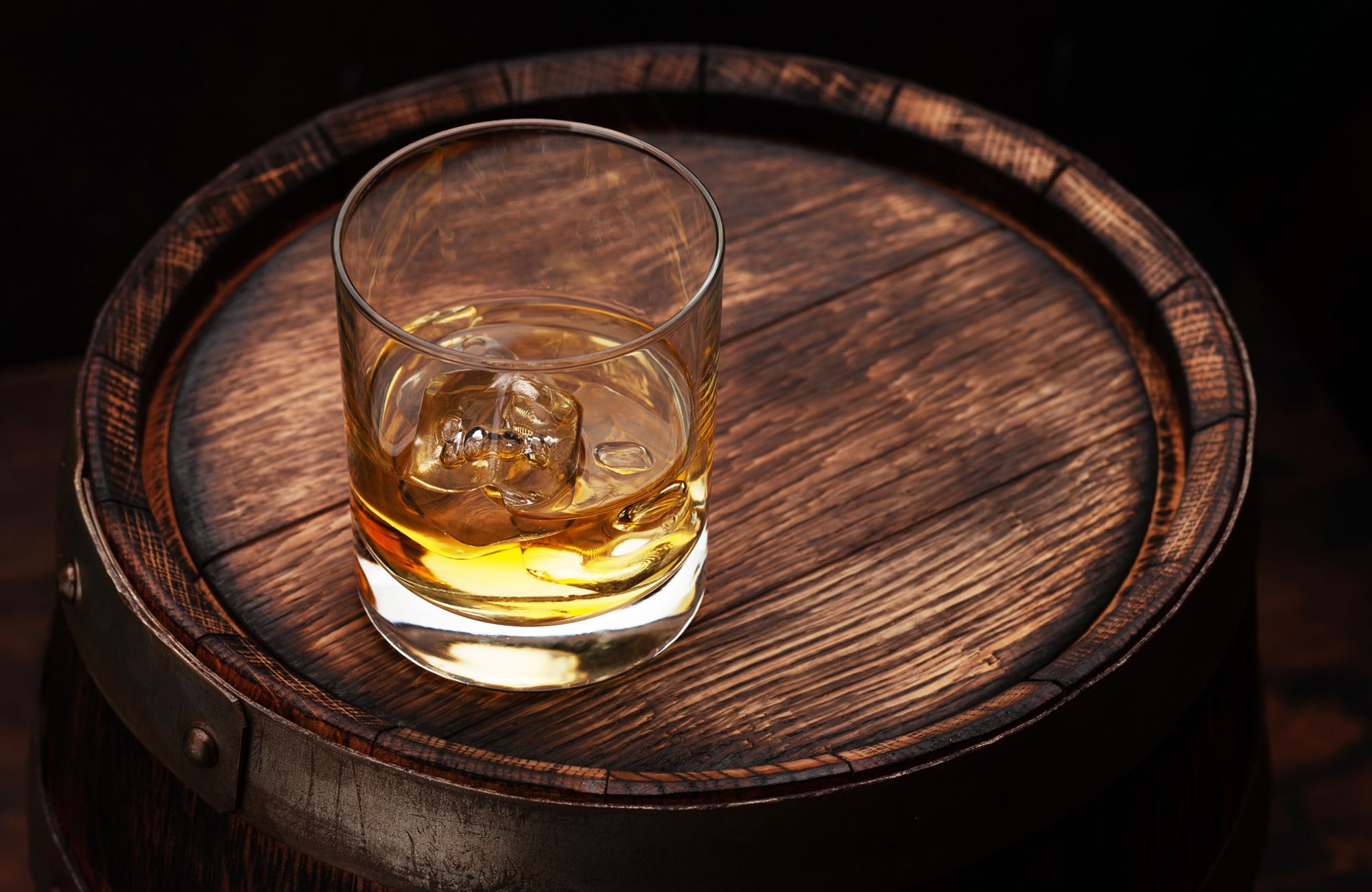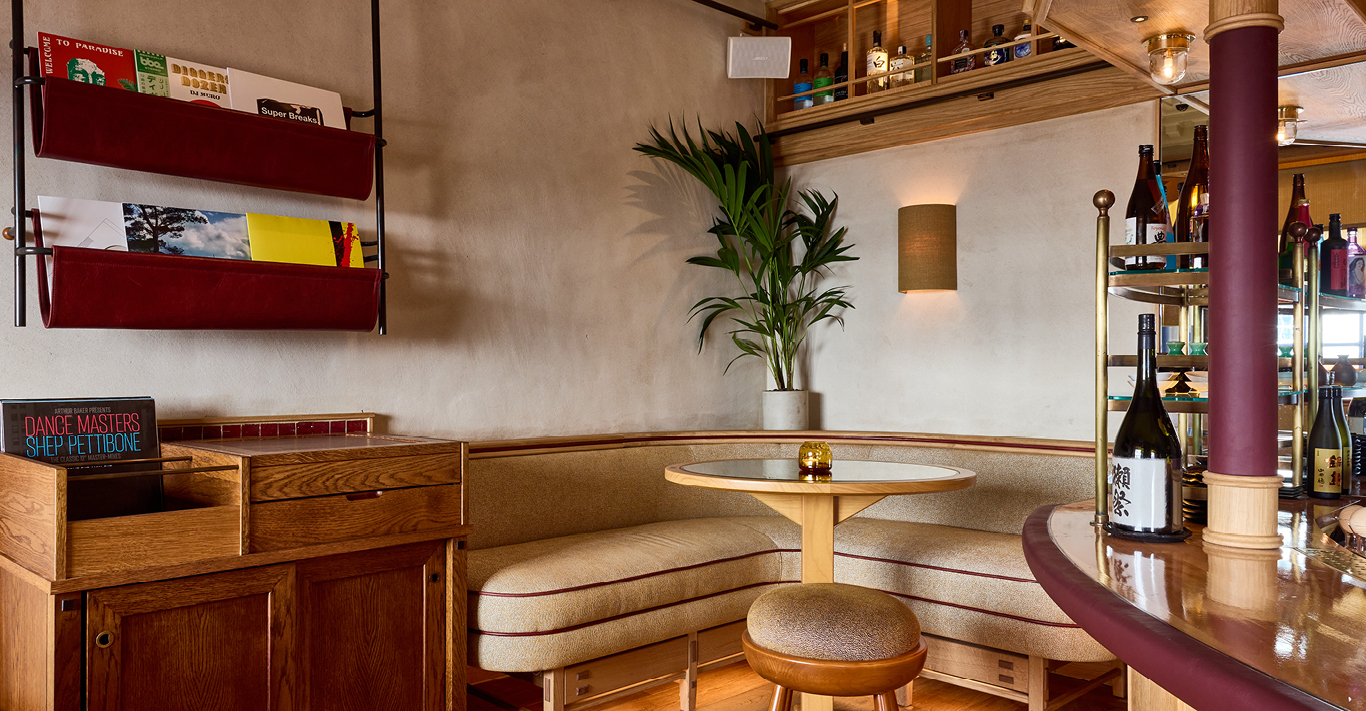WORDS
Chris Madigan
How did Elite Wine & Whisky come about?
Steve Bishop: We’re completely open about the fact that we came from the world of wine investment and have diversified into whisky. I founded Elite Fine Wines in 2012 and my fellow director Nick joined a couple of years later. We grew to the point where we were turning over a decent amount and took on an expensive London office in early 2020 – perfect timing!
Nick Green: We did own some whisky casks, and they had dramatically increased in value, which was useful for our immediate liquidity. But it inspired us to expand into that market.
SB: Ironically, while the pandemic threatened our original business model, that uncertainty, especially around the stock market, also led people to think about diversifying their investment portfolio, particularly into tangible assets, particularly into whisky. In the end, our turnover actually increased during the pandemic and has continued to grow year-on-year.
Of course, given that performance over the past few years, whisky investment has been a hunting ground for less than scrupulous brokers. How do you set yourselves apart from the fly-by-nights?
SB: From the outset, we’ve been determined to do the right things and be clear, we’re in it for the long haul. We have built strong, long-term relationships in Scotch whisky, spent a lot of time there and established an office in Edinburgh. The Scotch whisky business is a small circle of trust: you do have to show respect and demonstrate good practice to be accepted. But once you are, that circle of trust will protect you from bad actors too.
And how do your clients benefit from your good contacts?
NG: It means we only deal with reputable merchants and warehouses – we can rely on the provenance and care for the client’s stock. It’s also important how we act as brokers – acting ethically, with the client’s best interests in mind, is integral to long-term success. Even though the demographic of whisky investment tends to be younger and more dynamic than, for example, Bordeaux en primeur, we’ve brought the levels of service that clients in the wine world expect into whisky. That means our portfolio directors ensure there is regular communication with our clients, from selection to exit strategy, with transparency all the way.
Does that mean that whisky collection is moving away from connoisseurs and true enthusiasts towards a flipping mentality, where whisky stock is simply stock?
SB: Every client is an individual, with their own priorities, but we try to steer them away from short-term plays and punts, towards a journey into the world of whisky. Even if a client regards whisky purely in terms of performance, we make it clear – this is not a get-rich-quick scheme. We encourage people to plan to hold new-make spirit for at least 10 years. If a client insists on a shorter term, we steer them towards something older, but then, naturally, they cost more to acquire.
The Know Your Client process is so important… we go into detail with them as to their preferences for exposure, timescale and motivations. Some people are connoisseurs, looking forward to bottling and drinking a whisky they love and having a clear idea of what they want to invest in; others want to leave something for the next generation; or regard it as a statement of kudos – a cask of Macallan is arguably more prestigious than a case of Château Lafite Rothschild. And, sometimes, if the KYC reveals that the client is exposing too much of their liquidity and needs a quick result, we will advise them not to invest.
Would you offer shared cask ownership to a client with less to invest? Or someone who wants to spread the risk or potential across different whiskies?
NG: No, we don’t believe in that model. Our clients own their casks. But if a customer is increasing their portfolio, we would offer them as much diversity as possible. We have a roughly 90 per cent reinvestment rate, so many of our clients are keen to look for investments which complement what they already have – for example, ensuring they have casks that are reaching maturity at different times.
What about collectors who want to start buying and selling some bottles before committing to a cask?
SB: If a customer really wants to invest in bottles, we’ll help them, but it’s very rare. There are other brokers who specialise in that. We came from a background of wine in casks, so we’re used to guiding clients through a longer journey. And, of course, the difference between bottle and cask is even more distinct in whisky – it is no longer ageing and improving once it’s bottled.
Although it’s a tangible asset, often the owner never actually sees it. What guarantee is there that the liquid isn’t just leaking onto a floor?
SB: As Nick said, we only work with reputable warehouses. But soon, we will actually have our own bonded warehouse, which will give us even more ability to monitor the ageing of our customers’ whiskies. Currently, because of the scale of the major distillers’ stocks, it can take weeks to gauge a particular cask and take a sample. We are also going to begin bottling our own whisky as Bishop Green Fisher. Starting with one of our favourites, Tullibardine. For one customer, we acquired some 15-year-old Tullibardine in ex-bourbon casks, as is the vast majority of Tullibardine. In that instance, we realised that finishing it in sherry butts would raise the value, as well as being a more creative approach to whisky investment. With our own warehouse, we’ll have space to try more things like that. And it shows our commitment to the culture and heritage of Scotch whisky. We are in it for the long haul and are looking to learn more and more. Anyone who understands whisky will tell you there’s always something more to learn.
What are the whiskies you tend to advise people to invest in? Are you spotting trends, or up-and-coming distilleries?
SB: The majority of what we help our clients invest in are the best-established names in collectible whisky: Macallan, Ardbeg, Glenfarclas, Highland Park and other single malts from the huge spirits companies. However, we have to keep an eye out for the rise of more unexpected trends. There was a phase when a lot of people were interested in Port Dundas, which is actually a grain whisky. Grain had never been as well regarded as single malt, but Port Dundas closed in 2009, so it gained the prestige of a silent still. Single malt ghost distilleries, such as Port Ellen or Brora, are so difficult to get hold of, or are priced so high, so Port Dundas appealed.
We only buy branded single malt. One pitfall in whisky collecting is secondary trade-name whiskies. These are distilled by a famous single malt distillery, but are destined for blending or sold to raise capital. So Highland Park has Whitlaw, Royal Brackla has Cawdor Springs and so on. Often they are teaspooned – a tiny drop of a different distillery’s malt goes in there, legally disqualifying it from being a single malt. They can taste as good as “the real thing” but they don’t have the name – or at least they shouldn’t – and where that’s important is in the exit strategy. Increasingly, distilleries hold back their branded stock and, sometimes they will buy back their single malt, but they won’t have trade-name whisky back. Similarly, an independent bottler would value a cask where they can legally call it Highland Park on the label higher than a Whitlaw. Sometimes brokers are not as open about the difference, and I have to explain to a client why the cask of Highland Park we’re offering costs more than one a client has seen elsewhere – it’s because it was Whitlaw.
And what whiskies do you like to drink yourselves?
NG: My favourite at the moment is Benriach – but the unpeated expressions. Perhaps because I come from a wine background, I like the fruity, floral character of Speyside malts, which have more of a connection to the aromas of wines.
SB: I have similar tastes, actually: although I really like Craigellachie 13, which is peated but only gently. It has a soft smoothness to it I enjoy.


